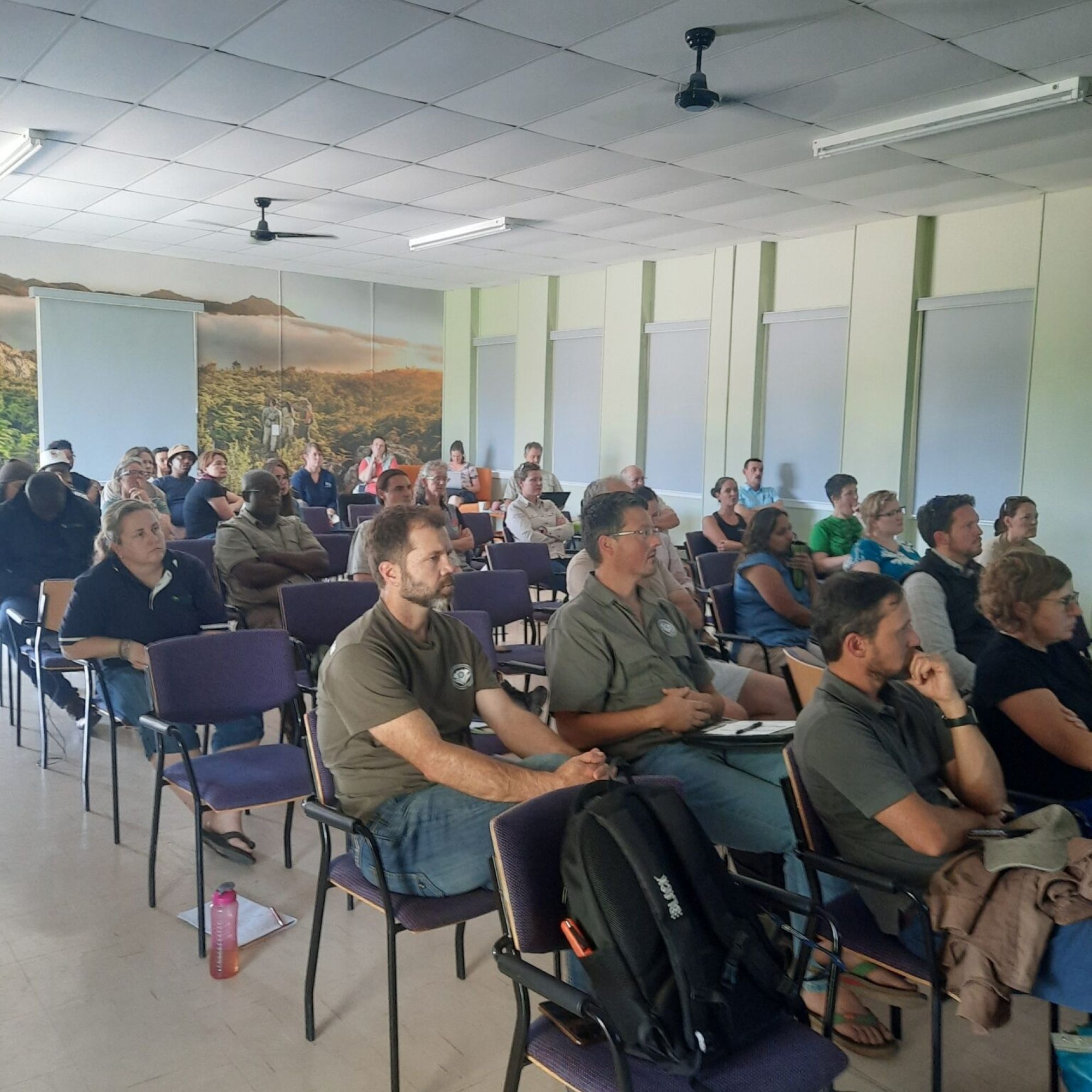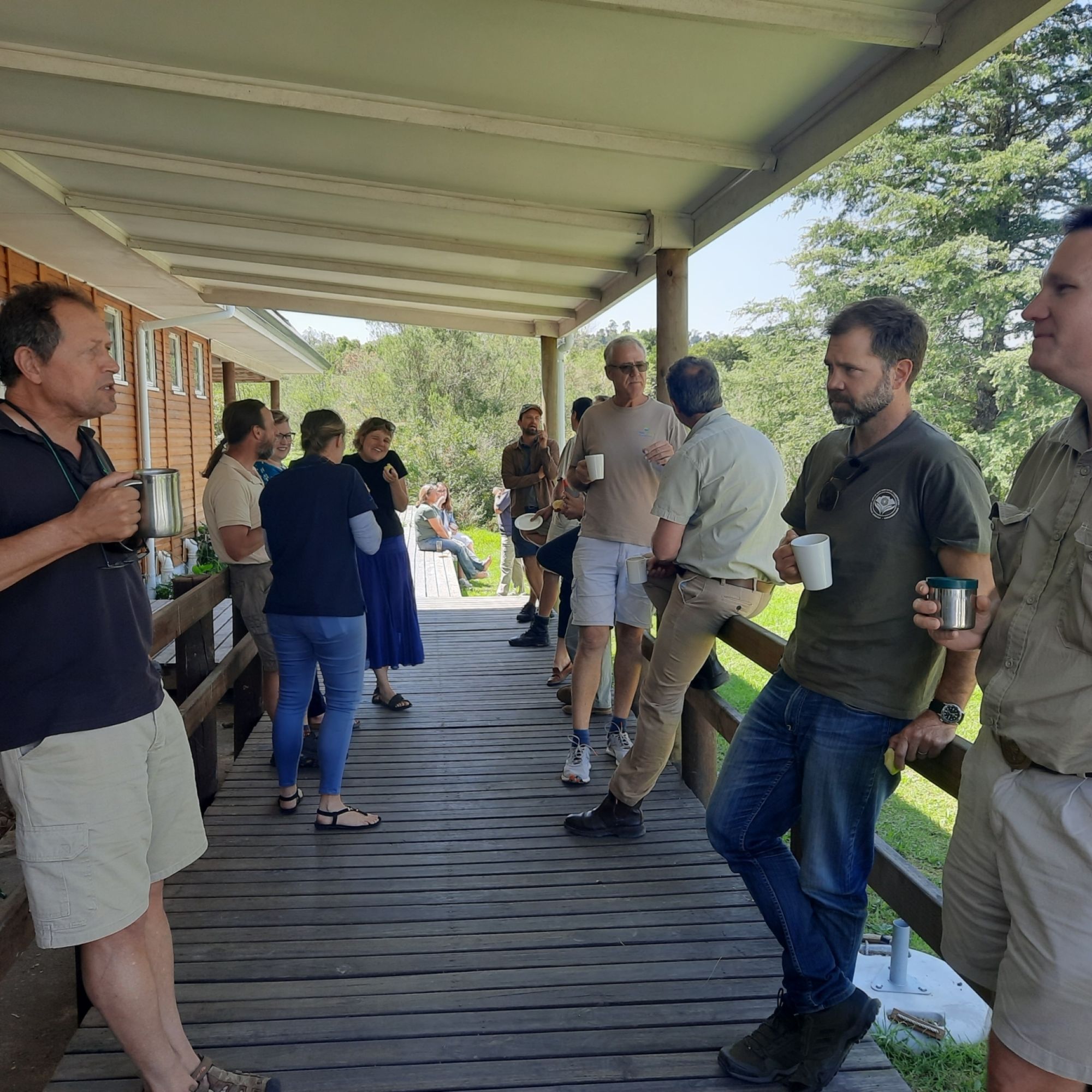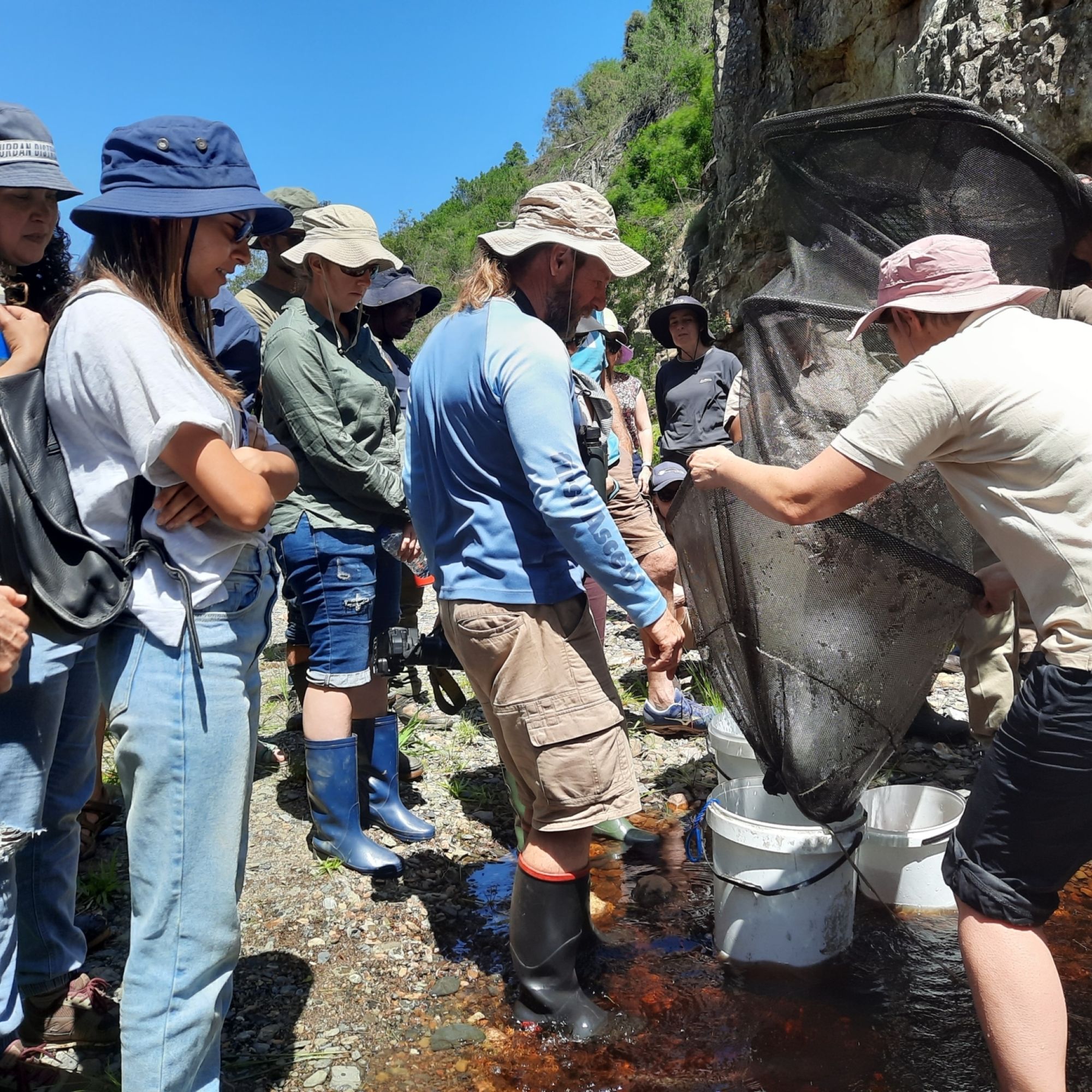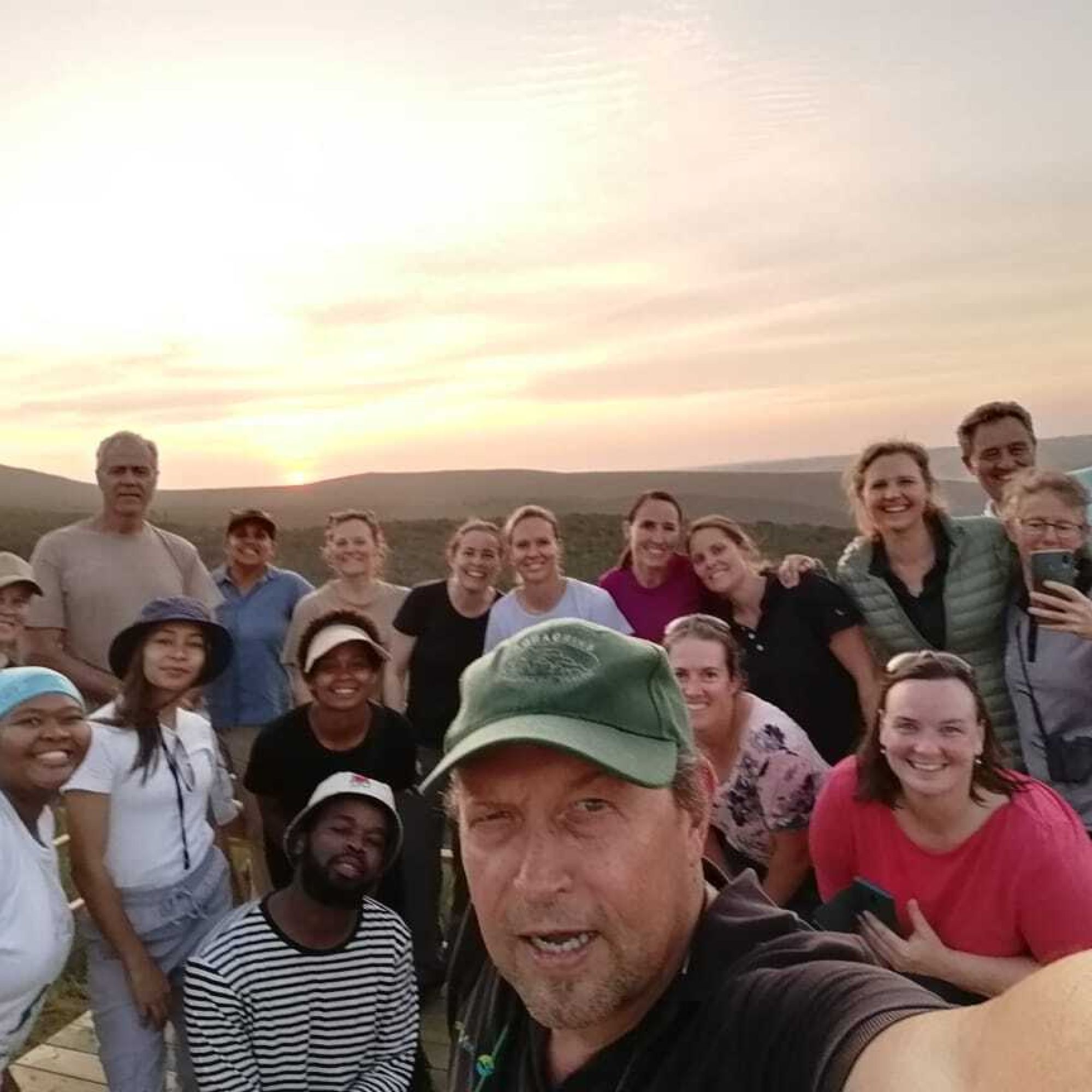
Stewardship Peer Learning Workshop
It has been 3 years since CapeNature was last in the position to host an annual Peer Learning Workshop that could compare to previous ones. This workshop however will be remembered for the positive energy that was brought about by CapeNature stewardship staff and our incredible partners in the landscape. It truly reflected the desire to connect, share and learn.
The 44 participants representing 16 different organisations, attended the 2-day workshop at the Grootvadersbosch Nature Reserve where the beauty of the place vividly reminded us that we need to look after what we’ve got, which was the over-arching theme of the 2022 workshop.

The importance of landowner extension and the perseverance in trying to change perceptions were highlighted and new innovative ways that can be used as steppingstones towards formal stewardship were presented. A Custodianship Agreement is a simple and effective tool used by Kammanassie Nature Reserve to encourage landowners to take ownership in the management of Cape Mountain Zebras. Building relationships and maintaining trust is the motto carried by the Gouritz Cluster Biosphere Reserve to take landowners on a journey towards management plan development and implementation.

‘Ways to improve our effectiveness’ drew discussions towards capacity and resource constraints and it was encouraging to see that there are more cost-effective alternatives to secure long-term conservation through conservation servitudes. The effort our partners put into developing alternatives that encourage landowners to participate in conservation is key to the success in maintaining momentum and eventually contribute towards reaching our provincial and national protected area targets.
Presentations on habitat restoration, which was the sub-theme of the workshop, sparked such positive and energetic discussions amongst the group that it made everyone hopeful for the future. It was incredible to experience the different restoration approaches in the different landscapes and it showed that the project leaders are committed to try new methods, record, and analyse their efficacy. The successes of the restoration projects are appreciated by landowners and the direct benefits bring about change, co-operation, and enhanced conservation outcomes.

The 2-day workshop ended with a field trip to Dikkopkraal Nature Reserve, a stewardship site bordering Grootvadersbosch. CapeNature’s fauna specialist showed the group the diversity of indigenous fish species which have been recorded at the site as part of an ongoing monitoring project. The life-cycle and survival instinct of these vulnerable fish fascinated the group and reminded us what is still out there to see and to learn, making Peer Learning an inspiring uplifting event not to be missed.





